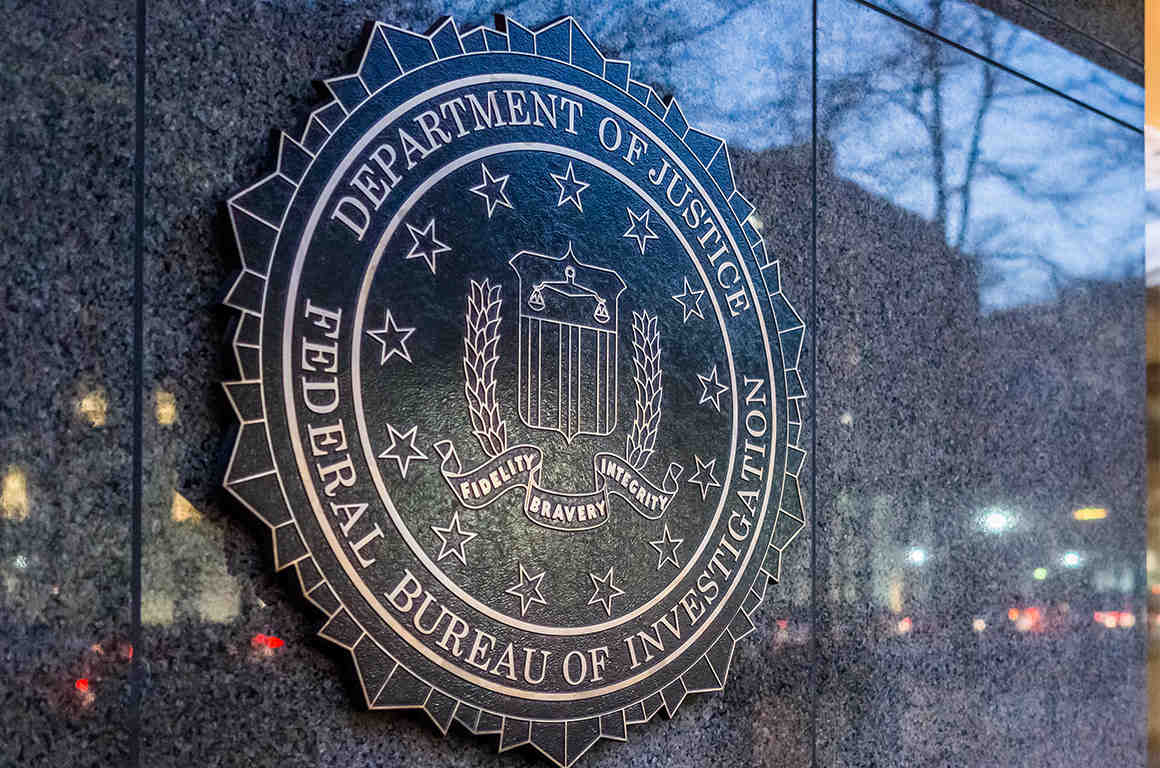
 By Delilah Hammons
By Delilah Hammons
WASHINGTON, DC – The ACLU released a statement this week confirming the U.S. Supreme Court ruling about the discriminatory surveillance that the FBI conducted of three Muslim American men.
The statement explained that the ruling from the U.S. Supreme Court stated that “the government may assert the state secrets privilege in cases alleging that it engaged in unlawful surveillance.”
The ACLU stated that “the court took pains to leave open whether the state secrets privilege allows courts to throw out cases alleging unlawful surveillance simply because the government invokes national security. The case will now go back to the Ninth Circuit Court of Appeals to address that question.”
Peter Bibring, senior counsel with ACLU of Southern California said, “The Supreme Court today refused the government’s invitation to extinguish our clients’ religious discrimination claims simply because the government invokes ‘state secrets’….(it) allows our clients to continue to fight in lower courts for their right to hold the FBI accountable for its discriminatory surveillance of Muslim Americans.”
The ACLU explained that the “case stems from an FBI operation in 2006 and 2007 in which agents sent a paid informant to some of the largest, most diverse mosques in Orange County, California and instructed him to pose as a convert to Islam.”
“The FBI informant indiscriminately gathered names, telephone numbers, and email addresses, as well as information on the religious and political beliefs of hundreds of Muslim Americans who were exercising their constitutional right to religious freedom. Community members became increasingly concerned about the informant’s behavior, and ultimately reported him to the FBI,” the ACLU noted.
The ACLU also stated that “After the plaintiffs — Sheik Yassir Fazaga and community members Ali Malik and Yasser AbdelRahim — filed suit, the district court held that it could not consider claims that the FBI unlawfully targeted Muslim community members for surveillance because the FBI argued that further proceedings could disclose ‘state secrets.’”
The ACLU added that the court of appeals disagreed, instructing the district court to consider the plaintiffs’ religious discrimination and surveillance claims under procedures mandated by Congress in the Foreign Intelligence Surveillance Act (FISA), which specifies how courts should handle sensitive evidence in cases involving surveillance conducted for national security purposes.”
“The Supreme Court’s ruling today held that Congress did not displace the state secrets privilege when it enacted FISA, leaving the government free to invoke the privilege to withhold surveillance evidence from courts altogether, rather than submitting that evidence for courts to review behind closed doors,” said the ACLU.
Senior staff attorney with the ACLU’s National Security Project Patrick Toomey argued, “The Supreme Court’s ruling is a dangerous sign for religious freedom and government accountability in spying cases.
“Decades ago, Congress established protections for people challenging abusive spying in court, but today’s decision puts a critical safeguard out of reach. Though it is not the end of the road, the ruling makes it harder for those who have had their rights and privacy violated by discriminatory surveillance in the two decades since 9/11 to prove their claims in court,” Toomey added.